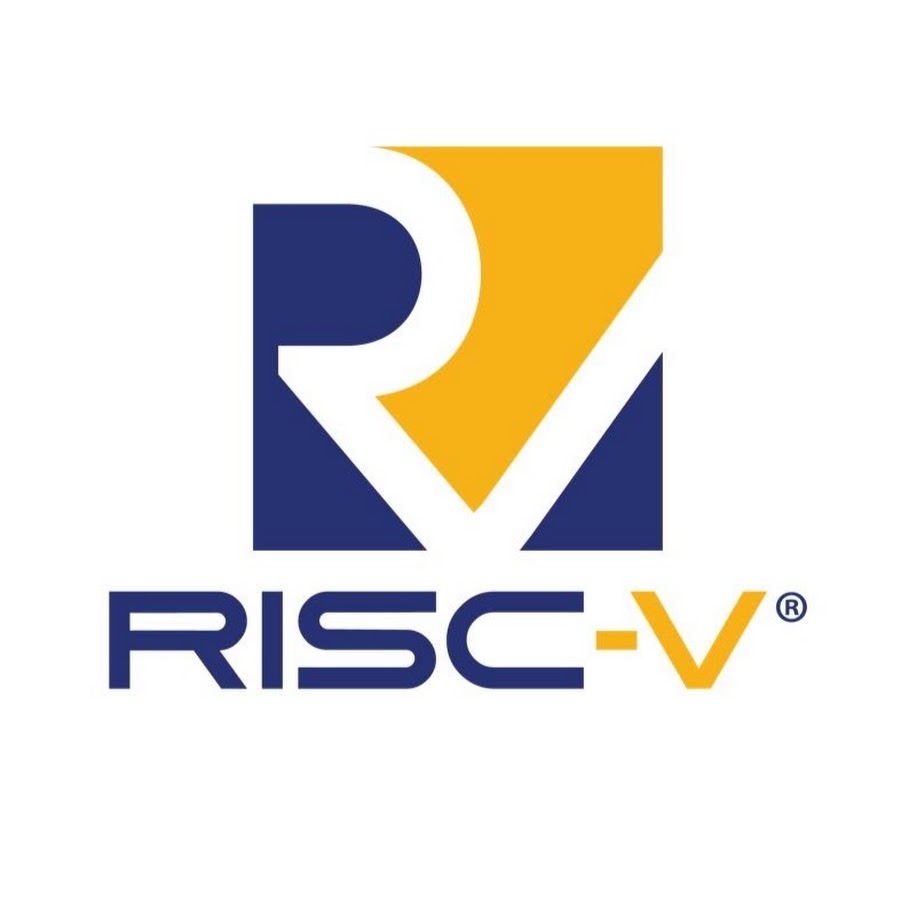- 15 Posts
- 68 Comments
Someone is going to need to pull a lot of weight in planning, organizing, and leading these meetings, presentations, and projects.
I’ve never managed a project before, but assume we should gather everyone who is interested by sending out some sort of survey. It would be good to have knowledge about what people are interested in learning, send out my ideas of how this should be structured, and ask for general comments. These could be about the final project, individual time commitment, references, philosophy of learning, etc. I’m thinking 8 weeks could be a good place to start. How should this survey be sent out to others? I want to choose a service that doesn’t encroach on user privacy since we are on Lemmy. The same is to be asked of a communal repository. I don’t want to use Google Drive.
What would we need to do on our first meeting together?
Saturday mornings or Monday evenings (Pacific US Time) are some thoughts. The sessions could be between 1 and 2 hours depending on the engagement.
This is a what I mean by someone pulling a lot of weight, a teacher carousel has a slim to none chance of working out. One person is going to need to define and implement the vast majority of the curriculum. They’ll need to do a lot of research and work in advance.
I’d like to ascertain this information in the survey if anyone with expertise in particular programming domains would like to lend their expertise and put together a short slide deck. Otherwise, I’m okay to deep-dive on topics we agree on, find a healthy amount of literature as resources, and brainstorm a way that each subtopic could be useful in the grander scheme of the project. So that there is some type of cohesive narrative to this endeavor.
Hope that’s a good starting point.
Just cross posted! Hopefully that will get this idea more engagement.
Will do! Send me a DM if you’re interested in having a quick chat.

 4·2 days ago
4·2 days agoThis is great advice! I’ll try to implement it over the next couple of times I’m chatting with these same people. Oftentimes, I find it hard to gauge what the other person might “want” to talk about. This can be challenging with people who are more shy or not necessarily big conversationalists from what I’ve experienced.
My follow-up would be… How do you engage in a dialogue? Do you adhere to any principles as to how long you are talking, the uniqueness of words that you use to describe your ideas…? How do you balance what you’re going to say with active listening? Because sometimes I feel like I attentively listen TOO much, and I’m just there nodding and dispensing a digitized voice-line of “wow!” “awesome” “fun” “cool” “Oh that’s interesting” and so forth…

 1·4 months ago
1·4 months agoAmazing dumpster find! How long did it take you to fix?
Once I’m not broke I’ll get back on how it is… No clue if you have any idea on buying used coffee or espresso machines, but I saw one for $300 online. The discount makes me wonder if something is wrong with the machine lol
Well now I want to contribute to this community!
Is the 600 dollar Breville model any good to buy for a first espresso machine? Coffee is my greatest vice and I’d love a machine that can froth milk, make strong cups of coffee, and have the portafilter slot.
I can make a separate post to populate more on the community.
I love DJ Ware after your recommendation! HPCs running RISC-V would be quite interesting…
Exactly what I asked in a previous comment! This looks awesome, but what about Pine64’s hardware?
Maybe if we got a Matrix chat going for this server that the dust could be brushed off… Perhaps it’s time :D
Especially with all the hoot around LoRA ML models and AI training methods that don’t require a nuclear reactor and loads of proprietary offloading servers. Maybe we could get a Matrix chat going for those interested in things like kernel development, and work on some educational projects?
The Pinetab-V and Star64 look interesting for a tablet and SBC on the RISC-V architecture… What Linux distribution would one have for options on that processor architecture? Debian sounds appealing there…

 1·5 months ago
1·5 months agoThanks for the code example. I tried going through web3 awhile back with HTML, but need to go through at least 60% more of the course and examples they provided on the website.
I’m a bit confused on what a server is, past “someone else’s computer” or “another computer” or “a machine elsewhere that is able to take and receive requests”. When you write a “GET” request, is this pulling from another file on your machine locally, but still using the HTML framework and WASM to have “Piece of code 1” talk to “Piece of code 2”? And this all happens locally on the same machine you’re using?
Currently I’m using the Kate IDE editor since Neovim made me hurl my lunch. Spyder was what I used for Python, but it can’t be used with more than one language unfortunately. I’d assume programs with functions provided by Electron are able to cache what they retrieve… Is the “server” downloaded alongside the application, therefore not requiring WiFi connection to use the application?
Hope my questions aren’t too out in left-field and thanks again for your response!

 2·5 months ago
2·5 months agoDefinitely will, I appreciate the support :) I’ll hop onto the Rust form after I’ve read the book with some questions.

 2·5 months ago
2·5 months agoThat looks like a helpful guide to go through as well. I’m not too familiar with compiling/building/making (only the general notions)… In the past, I’ve abandoned programming projects because I got bogged down in the semantics of the documentation.
Should I stick to drawing high-level flowcharts pursuing a “make this” Occam’s Razor type philosophy and just condition myself to abandon unnecessary pedantic details? Just trying to make sure I follow through with my programming project this time instead of getting overwhelmed!

 2·5 months ago
2·5 months agoI’ve had murmurs of Rust throughout my time here… I’ll give it a try and attempt to make a barebones application with buttons.
Once I’ve either failed catastrophically or have created something to be reviewed, I’ll report back.
Thanks!

 81·6 months ago
81·6 months agoThat’s a very poetic way of looking at the way our data on these forms will be processed and ingested by LLMs in the coming years. I have been considering cloning my own voice and experimenting with the multitude of use cases that can provide.
All the developed literature as well as entirely documented human lives… Readily available with numerical recipes for their processing and integration into whatever societal infrastructure comes out of where we’re headed right now.
It was strange for me to come to terms with that. The crowd that Lemmy fosters is such a different subset than the general population. Sometimes I wonder what growing up online will do to people down the line from us.
It’s heart rending to hear what you’re going through, OP. I’m sure your family will sincerely cherish what you write. I also agree with others who have mentioned to add stipulations on how you want your thoughts to be used. Not to speak for you, but I wouldn’t want my likelihood desecrated in some manufactured effigy long after my death.
Not to say I didn’t spend a fair chunk of my own life online, but with the advancements in materials and manufacturing methods, I wonder what storage devices and technologies will become sarcophagi for our archived lives…
Wishing you wonders in your last moments, OP.
These are absolutely gorgeous… If I had learned with these illustrations, I’d probably have retained some of the more esoteric commands! I’d love to see more of your ideas brought to fruition with these image generator inferences.
Send me a DM!

 21·9 months ago
21·9 months agoThis. I think the only one I really thought was good was the Aaron Paul one where they went into space… I might be someone neo-ludditish but that movie shows some true terrors of those who want to eradicate technologies and the individuals associated with them. Cold ending…







After implementing what you’ve said in the past couple of my interactions, I noticed that people were more likely to smile and attentively listen after they’ve shared something themselves. Eliciting that initial interest from the other person removed a lot of the awkward silences, as it was filled with them talking more than myself. As I’ve been focusing more on what the person emphasizes, I’m able to find out more about what excites them to talk about, so I’m able to draw more attention to their interests and make them feel heard. Very good advice here.
To solidify this advice… Are there any “baskets” that questions generally could be sorted into? The open-ended type sometimes falls flat if I ask it from the “wrong” basket. Exactly as you mentioned with not wanting to talk about your own parents, but asking about them anyways and then not having much to say directly afterwards. Not to neg on details, but would it be unhealthy to think a certain amount of steps “ahead” in a conversation? This has been on my mind lately, but I’m not sure how to describe it other than I’d like to engage the person and get them to think about things rather than be a captive listener or have them monologue about themselves.
I feel like I don’t understand eye contact or body language too well. We all know the awkward feeling of seeing someone far away in a hallway. I’ve never quite got this one down… If I know the person, it’s usually okay to make some strange handmotions and tease a bit as you get closer. But sometimes, I can tell the other person doesn’t want to look at me, but will raise their head to say hi as we are within 5 ish feet of each other. A strange autistic detail, but I just want to be more charismatic in general, and appreciate you taking the time to write these comments!